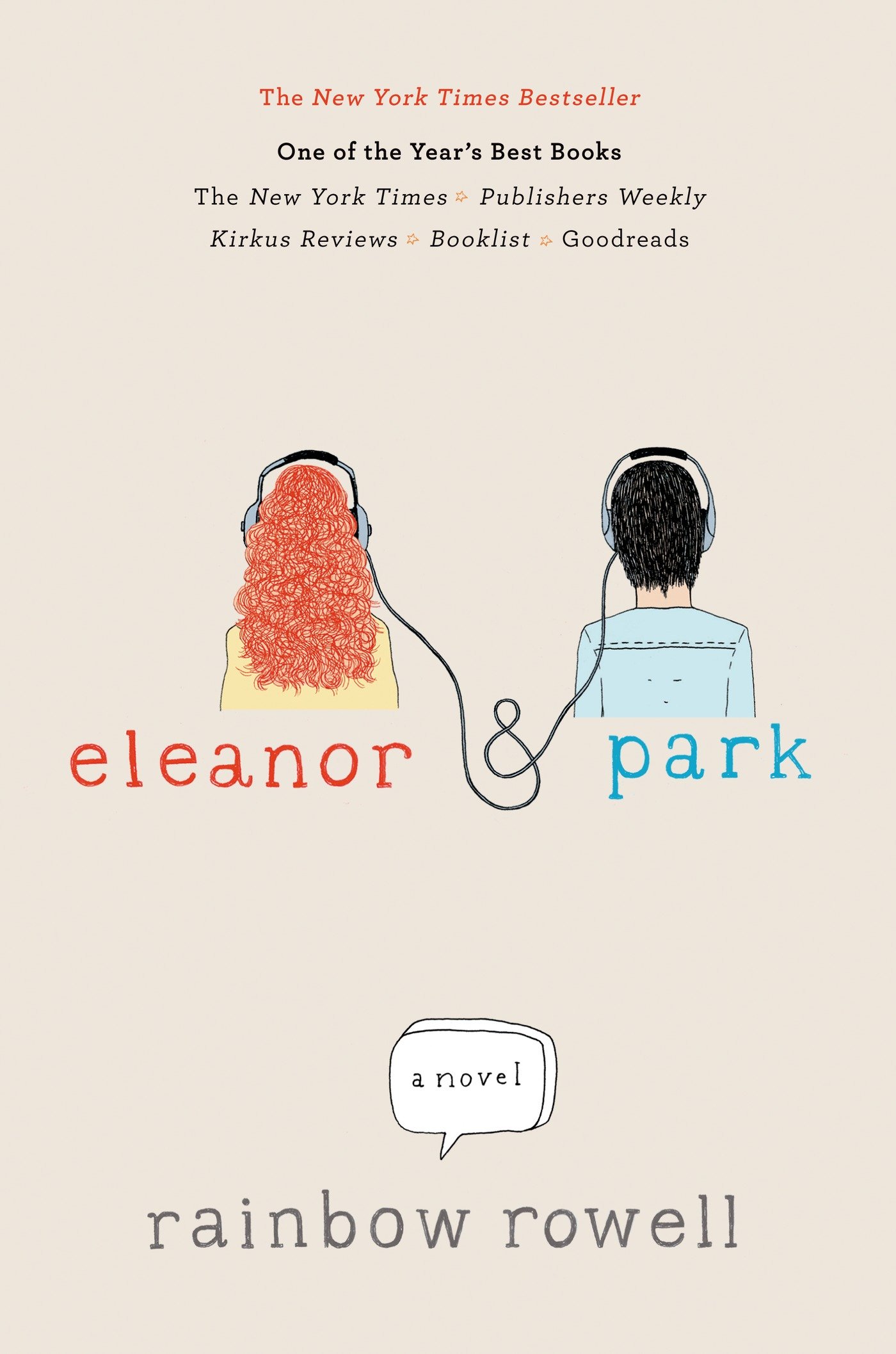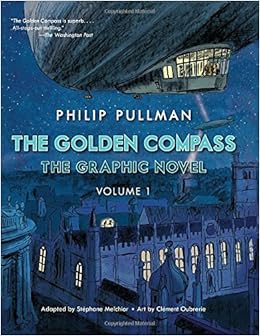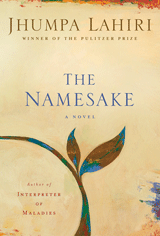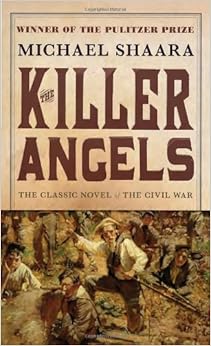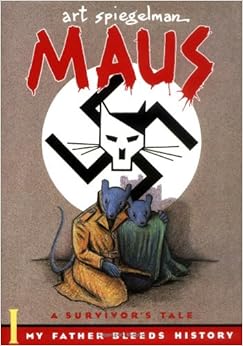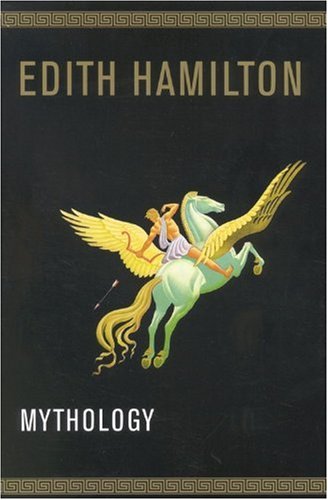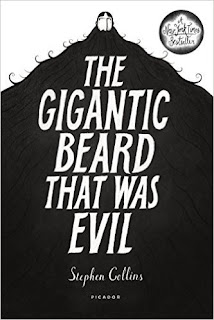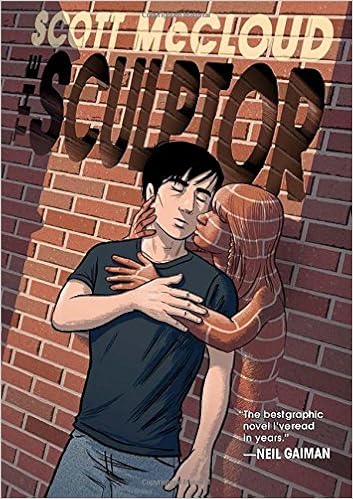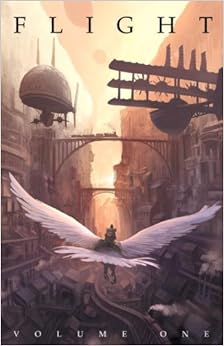Here is my U.S. History textbook from the years 1490 to 1920 in a nutshell:
1. White Christian male works hard.
2. White Christian male assumes leadership position.
3. White Christian male makes world-changing discovery.
4. White Christian male writes classic piece of literature.
5. White Christian male makes a decision.
6. White Christian male fights for his country.
Etc.
Now, look. I know what you're thinking. Of course that's the situation, and especially from 1490 to 1920. Women couldn't even vote within that time period. I know that. I know it was difficult to impossible for women to make their voices heard. But a complete absence? I don't buy it. I don't believe that men were the only ones taking action. I don't believe that women didn't participate in the world at all for 500 years, as my history textbook suggests. Instead, I think women did contribute in countless profound ways. They must have produced world-altering inventions and made incredible discoveries. But men probably didn't document these moments -- or gave credit to another man.
But though I care very much about this issue, that's not really my point. My point is that the few women who are mentioned in our textbooks are so...female.
Take Cleopatra (I know I started out with U.S. History in the past four hundred years, but she works as a historical female figure, so bear with me). Contrary to what many believe, she was not the first Queen of Egypt (Hatshepsut held that title). Why is she such a well-known figure, then? Not because of her power or strength or her progressiveness, or because she was famously cruel to her servants; instead, her fame comes from an affair with a powerful man: the Roman emperor, Julius Caesar.
Or take Susan B. Anthony. The suffragette section in my textbook makes me especially frustrated (note: my frustration is not with the suffragette cause, but the category). Why? Because of the way it's introduced, as if women had been asleep for the past couple hundred years of civilization and then immediately woke up at the sound of their names, annoys me. It's as if women hadn't contributed to any cause but their own. It's as if Susan B. Anthony was the first woman in American History.
Or Elizabeth Blackwell. Incredibly impressive. First woman to graduate from medical school. Admitted into the Medical Register of the United Kingdom. Opened dozens of facilities for women's medical education in the United States, as well as clinics for her own patients (she specialized in gynecology...most of her patients were women and girls). Amazing, right? She isn't in my history textbook.
Which is especially interesting considering Carrie Nation, the nun who lead the temperance movement (anti-alcohol) in the 1920s, a cause that led to a Constitutional amendment that was later cancelled, got a full two paragraphs. Not that I have anything against Carrie Nation, but I find it a little strange that a woman who devoted her life to the 'evils' of alcohol got more acknowledgement than Myra Bradwell, the first female lawyer who worked her way up to some Supreme Court Cases -- and who received a total of four short sentences as a biography.
If you're not "The First to" do something or a suffragette and you're in my text book, you're helping the men's cause by doing things like sewing socks and sending care packages. It's like women didn't exist at all until they were legally given their voting rights in 1920.
This is not right.
In an attempt to balance things, I'm listing a few feminist novels, lectures, and biographies. I really encourage you to comment on your favorites from your own repertoire. Or even better, to offer your history teacher some supplements.
We Should All Be Feminists by Chimamanda Ngozi Adichie (pretty modern, but still a perfect intro to feminism)
Hark! A Vagrant by Kate Beaton (Step Aside Pops is awesome too)
The Yellow Wallpaper by Charlotte Perkins Gilman
Mrs. Dalloway by Virginia Woolf
A Room of One's Own by Virginia Woolf
Catherine Called Birdy (this one's primarily for younger readers, but it's a great starter)
The Tenant of Wildfell Hall by Anne Bronte
Notorious RBG by Irin Carmon and Shana Knizhnik
The Essential Feminist Reader by Estelle Freedman


